

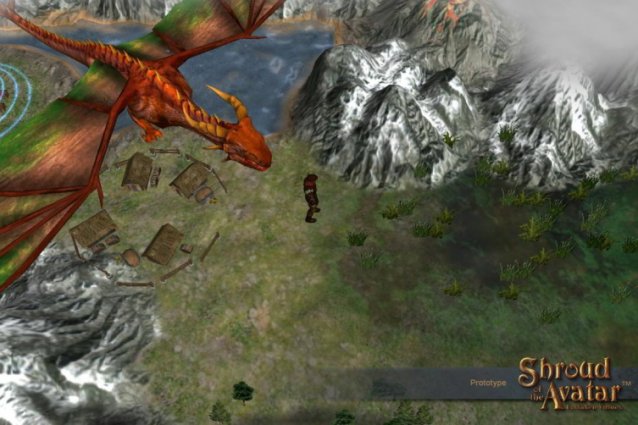
Dear Richard Garriott,
I write this open letter as an unquestionable fan of Ultima as well as fan of role-playing games in general. That I am both of those makes me tremendously excited for Shroud Of The Avatar, the game you're currently in the process of Kickstarting. So it is with both concern and respect that I ask: what the hell are you talking about? Why are you talking so much incorrect shit about modern RPGs?
The most questionable section is “How Is Shroud Of The Avatar Different?:
Richard Garriott guided the Ultima Series from its inception in 1980, through the "trilogy-of-trilogies" of solo player games and later, the highly successful Ultima Online. Under his leadership, RPG's evolved from simple dungeon crawls to immersive worlds where you could easily suspend your disbelief. You cared about the world and its people, and you cared about the actions and deeds you accomplished within that world.
Since then, most every other RPG has focused more on level grinding than on “role playing”, which has been reduced to a few initial character choices. While advancements in graphics and sound have been phenomenal, in many ways the virtual worlds we play in have become less real. Less open. Less immersive.
What on earth are you talking about? Seriously—what games fit that criteria?
Are you talking about Skyrim? Because I can't think of a game that better embodies an “open” or “immersive” world than Skyrim does. Wandering around through the pouring rain, discovering an entirely optional cave filled with wonder and treasure, accidentally coming across a dragon or a lich—Skyrim's a fantastic example of Ultima-inspired role-playing. You can trace a straight line from it back through Ultima VII specifically. And level grinding? That's the absolute worst way to play Skyrim!
Is it Mass Effect or Dragon Age? Because if I had to describe the crucial appeal of the BioWare model, starting with “you care about the world and its people, and you care about the actions and deeds you accomplish within that world” would be a pretty good start. Ultima IV shattered the conception of what an RPG could be by making your morality the center of the game, and BioWare has embraced a certain concept, pioneered by the original Fallout, of how game morality should work. Perhaps you've been frustrated by the constraints of the dichotomous moral system. That's fair! I certainly have as well, though I admire some of what BioWare has been attempting, particularly in the Dragon Age series. But level grinding? That's about 15th on my “list of things that are appealing about BioWare games.”
How about the recent Fallout games? Those split the difference between morality and story on one side, and exploration and adventure on the other, with New Vegas leaning toward the former and Fallout 3 the latter. And going up levels is certainly important in Fallout, but is it ever a grind? I never found it so, thanks to a huge world to explore and plenty of people to talk to—indeed, the newer Fallouts are about as comparable to classic Ultimas in pacing and structure as anything I've played.
Is it The Witcher? Geralt's famous for one type of grinding, sure, but it ain't level grinding.
Those are four of the most dominant RPG series of the past generation, and many of them directly spring from the games that arose after Ultima, like Knights Of The Old Republic and Morrowind. Indeed, only the fifth major series out there—Diablo—manages to fit your “most every other RPG” is a level grind criteria. I suppose it's possible to only have played Diablo for the past 15 years, but if that's all I'd done, I wouldn't make sweeping statements about the scope of modern RPGs.
In fact, when I think about RPGs which focus on grinding levels, I think of Ultima's contemporaries. I think of spinning looking for enemies to fight while next to a safe rest zone in Wizardry VII. I think of mad dashes to power-enhancing fountains in the Might & Magic series. I think of hacking through draconian after draconian in Champions Of Krynn. And oh yes, I think of the mountains of evil creatures I had to fight in Ultima IV, just to be able to go through the dungeons necessary to save the world and become the embodiment of morality. Far from being dominant today, combat-heavy RPGs like, say, The Legend Of Grimrock are found in indie circles—on Kickstarter, even. They're your game's cousins, not an evil invader.
And then you go on to describe the features of Shroud Of The Avatar and prominently feature...house-buying and crafting systems? Seriously? THOSE are the banes of modern RPGs. I'm not sure I've ever played an RPG where crafting and house-buying actually enhanced my experience instead of, well, forcing me to grind.
So I really don't understand where these attacks on modern RPGs are coming from. Not only are they wrong, but they're offputting. Ultima won. It was the most influential RPG series, even game series, of all time. Talking shit about your successors and implying that they're not good enough on totally spurious grounds? It's ridiculous.
My hope for the project is that you, Lord British, happen to be far better at making games than talking about games. Given your track record in game design, I think that's a reasonable expectation, so I'm still excited about Shroud Of The Avatar. But you'd make me, and probably others, more excited if you spent more time talking about what makes your game great, instead of telling me that games I like are something they're not.
Sincerely,
Rowan Kaiser

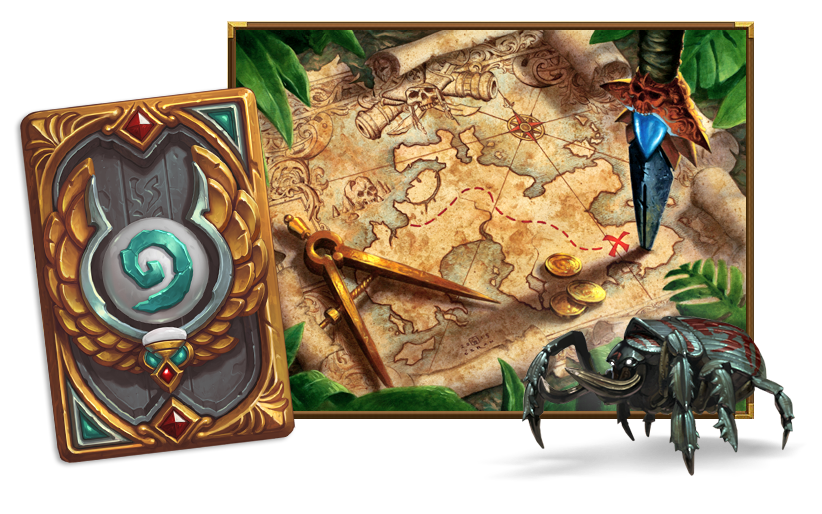


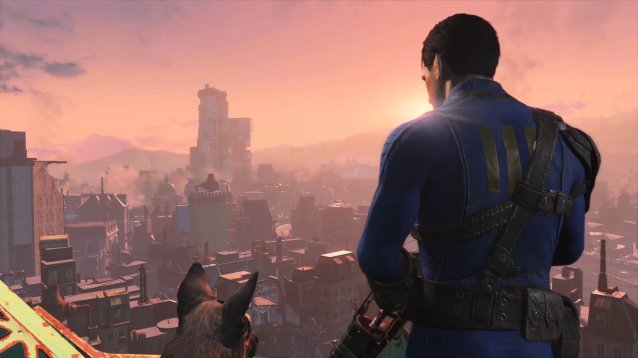 Fallout 4 Guide: Advanced Console Commands List
Fallout 4 Guide: Advanced Console Commands List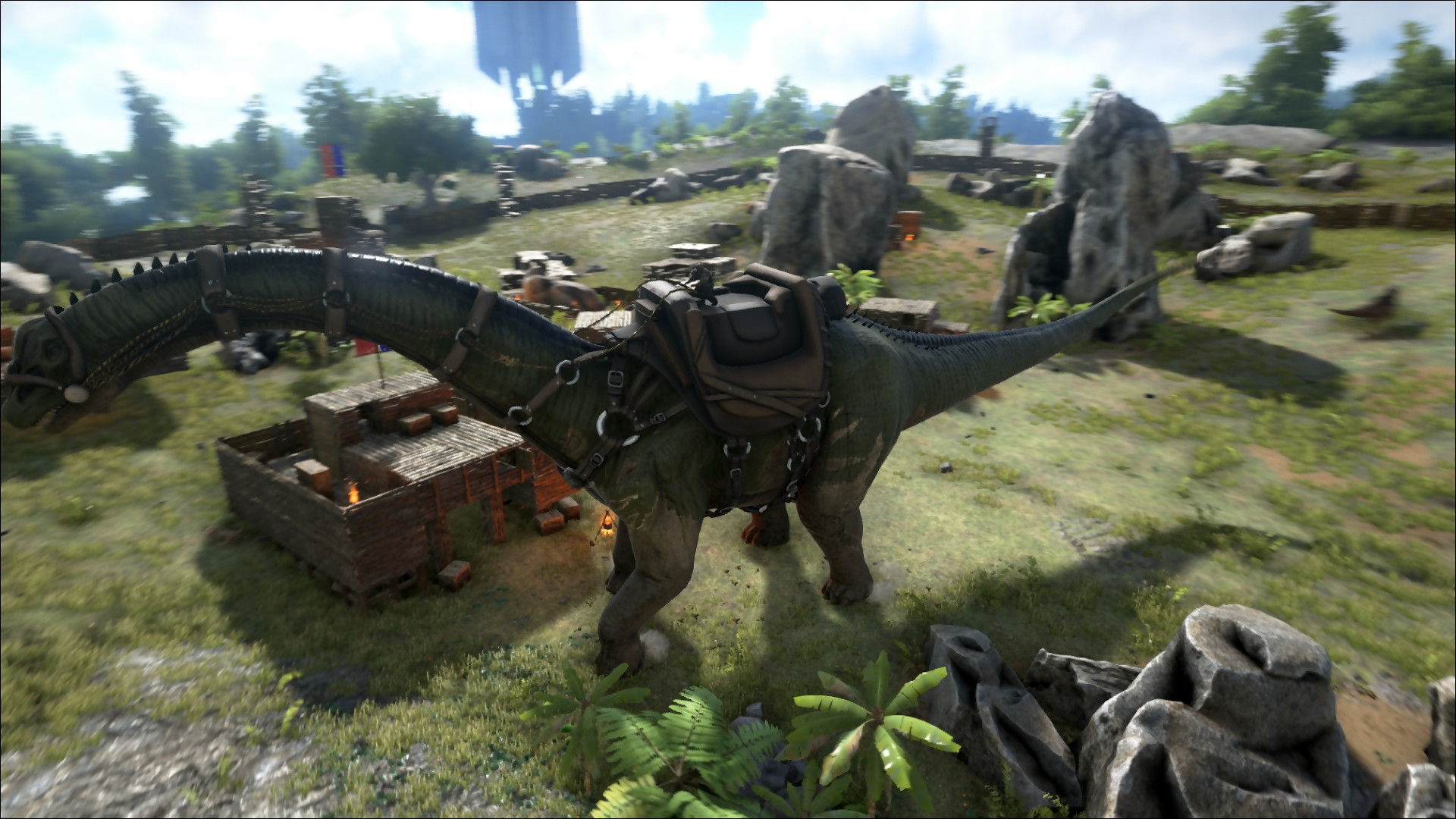 How to Tame a Dinosaur in Ark: Survival Evolved
How to Tame a Dinosaur in Ark: Survival Evolved Turok Dinosaur Hunter (Remastered): System requirements
Turok Dinosaur Hunter (Remastered): System requirements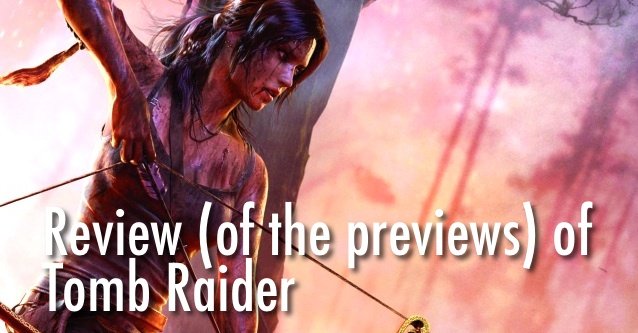 Review (of the previews of) Tomb Raider
Review (of the previews of) Tomb Raider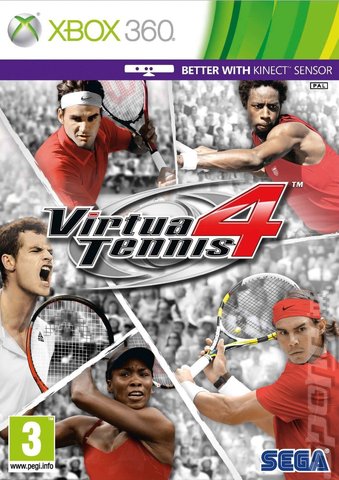 Virtua Tennis 4 Achievements for Xbox 360
Virtua Tennis 4 Achievements for Xbox 360